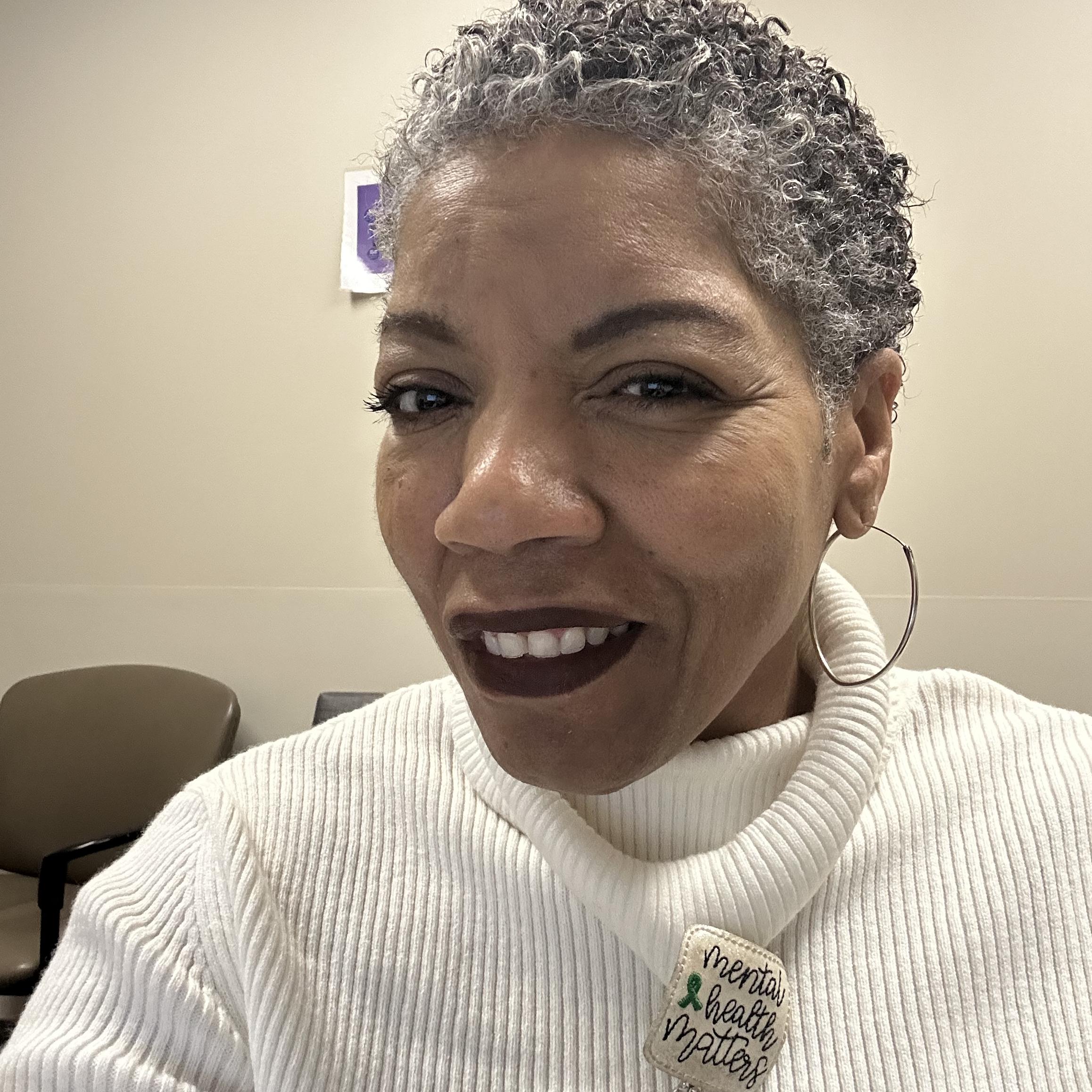Finding the right therapist for bipolar disorder is a vital step toward managing the condition and enhancing your overall well-being. Given the complexities of bipolar disorder and its impact on daily life and relationships, seeking professional help is an essential part of your journey to effective treatment and support. Taking this step can lead to a more balanced and fulfilling life, so it’s important to invest time in finding the perfect therapeutic fit for you. This article is here to help you discover bipolar disorder therapists in your area, emphasizing the importance of connecting with a qualified and compassionate professional who can adapt their approach to suit your unique needs.
What is bipolar disorder?
Bipolar disorder, formerly known as manic-depressive disorder, is a mental health condition characterized by extreme mood swings that include emotional highs, known as hypomania or mania, and lows, referred to as depressive episodes. According to the National Institute of Mental Health (NIMH), these mood fluctuations can significantly impact a person's daily life, relationships, and overall functioning. During manic phases, individuals may experience heightened energy, reduced need for sleep, and impulsive behaviors, while depressive episodes can lead to feelings of sadness, hopelessness, and a lack of interest in activities. Bipolar disorder is a lifelong condition that requires ongoing management, and understanding its complexities is essential for those affected and their loved ones.













